

Security by design for a trustworthy IoT
An increasingly digital and connected world is paving the way for convenient, instant lifestyles as citizens and companies embrace new service and business models. Yet these new opportunities come with security and privacy risks – as evidenced by the all-too-frequent media reports on cybersecurity threats and breaches. Ultimately, to harness the transformative power of digitalization, industry and society need trustworthy and proven security technologies.
“The success of cybersecurity efforts calls for the power of collaboration.
The Charter of Trust is the perfect platform to intensify knowledge exchange and initiate new activities. We are committed to extending the reach of our expertise across the ecosystem and thus to helping build trust into a digital world that securely connects people, organizations and things.“
-Thomas Rosteck, Division Head Connected Secure Systems, Infineon Technologies AG

The protection of privacy, personal data and intellectual property has become a top priority among policymakers around the world. Increasingly strict cybersecurity regulations in the EU and in countries such as the US, Japan and China underline this trend. They also help to support standardized, recognized certification processes, enforce digital sovereignty across key regions and secure digital value chains.
These evolving demands call for forward thinking. In other words, a “security by design” framework where security has been built in from the ground up. As one of the first players in the electronics supply chain, Infineon provides the building blocks that will subsequently enable devices and services to be securely and reliably connected. Our state-of-the-art semiconductor technologies are already building a solid and trusted foundation for everything from connected cars through smart homes to automated factories.
Our vision is to shape the future by securely connecting the real and the digital world. Leveraging over 30 years of experience in this area, we are protecting tomorrow’s smart applications and systems so that they can withstand the new attack scenarios to be expected as artificial intelligence and quantum computing evolve.



